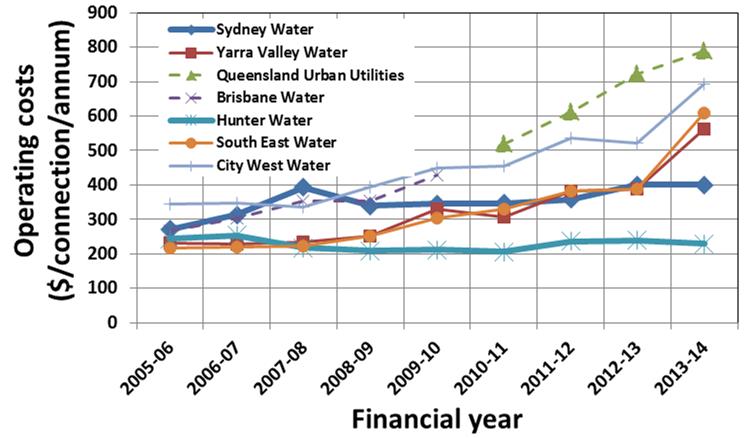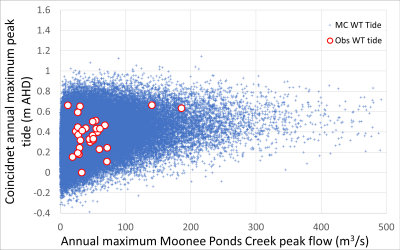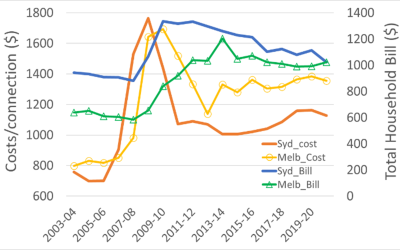
This presentation examines the impact of economic assumptions on policy decisions. Economic analysis of targets for sustainable buildings by the Queensland Competition Authority (QCA) and the Rainwater Harvesting Association of Australia (RHAA) is examined as a case study. Contested points include which costs and benefits are inside or outside the boundaries of legitimate and recognised consideration. This presentation refers to those differences as boundary conditions and considers how these assumptions affect the outcome of analysis and government policy. Setting of boundary conditions (what was included, what was excluded and assumptions) in engineering and economic analysis dominates outcomes of decisions about government policy. The investigations outlined in this paper were combined to create an enhanced version of a systems analysis of a policy for setting targets for water savings on all new dwellings. It was established, using appropriate boundary conditions, that a 40% target for water savings is feasible for South East Queensland and provides a cost-benefit ratio of 2.1. These results indicate that a policy of mandating targets for sustainable buildings would provide substantial benefits to the state of Queensland, water utilities and citizens.




